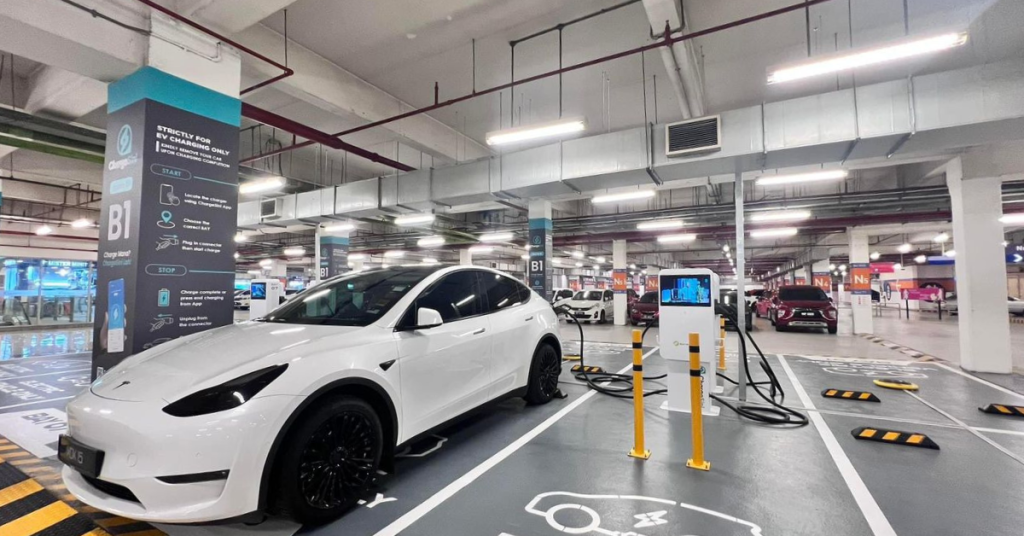M’sian coffee chain Koppiku joins the matcha hype with limited-time drinks, we tried them all

[Written in partnership with Koppiku, but the editorial team had full control over the content.] If you’re a caffeine-enthusiast, you’ve probably heard of Koppiku, or at least seen its pastel green kiosks around the Klang Valley. Sporting an airstream-inspired design, the startup has been making a name for itself as a go-to spot for quality, on-the-move […]
Are EVs even eco-friendly? We spoke to Malaysia’s ChargeSini to bust 6 common EV myths.

[Written in partnership with ChargeSini, but the editorial team had full control over the content.] More and more electric vehicles (EVs) can be spotted on Malaysian roads with each passing day, but yet, there are still many myths and misconceptions floating out there about EVs. I personally have heard a number of these myths being […]

